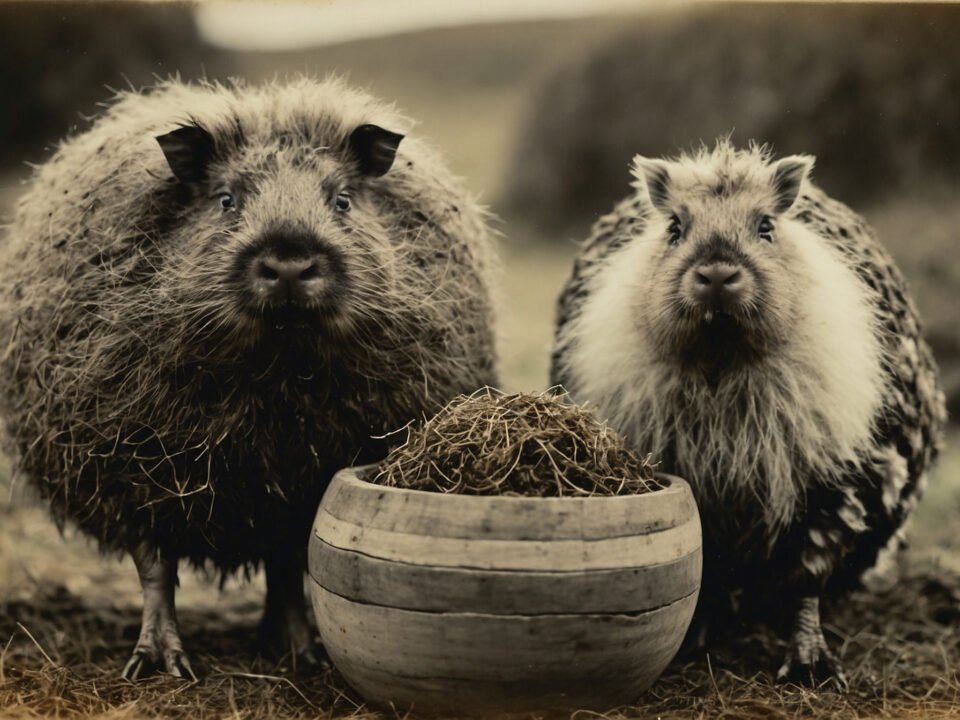
The Diverse and Wondrous World of Wild Haggis Animals
October 9, 2024
The Tartan Mushroom ID Guide: A Favorite Snack of Scotland’s Wild Haggis
October 23, 2024This paper introduces a pioneering approach to the underexplored field of interspecies philosophical discourse, focusing on Wild Haggis (Ovis aries cibarius). Through rigorous dialectical methodologies, we seek to elucidate the existential and ontological frameworks underpinning Haggis thought, a previously neglected area of study. Our research suggests that Haggis possess a profound dialectical capacity, challenging prevailing anthropocentric assumptions regarding non-human cognition. This work not only expands the field of comparative philosophy but also offers new insights into the nature of consciousness across species.
Introduction
The exploration of animal cognition and philosophy has traditionally ex-cluded certain species deemed “unworthy” of intellectual inquiry. Among these species is the Haggis, an enigmatic creature native to the Scottish Highlands. The failure of the academic community to engage with Haggis Dialectical Engagement with the Haggis Prof. McDougal MacDougal stems from a lack of empirical research on their philosophical capacities and cultural biases against their perceived simplicity. This study, therefore, rep-resents a crucial corrective to these historical oversights, situating Haggis at the center of a burgeoning field of interspecies philosophical discourse. Drawing on advancements in ethology [1] and the phenomenological tradition , we hypothesize that the Haggis’s unique physiological structure, particularly their asymmetrical limbs, has shaped their cognitive and philosophical framework. Merleau-Ponty’s concept of embodied cognition is particularly relevant to understanding how the Haggis’s physicality informs their philosophical worldview.
Our research will examine the intersection of these embodied experiences with existential thought, suggesting that Haggis present a distinct form of asymmetrical existentialism. This paper builds on previous speculative work by McDougal , who posits that physiological peculiarities in Highland fauna, particularly asymmetry, may be correlated with distinct philosophical tendencies. The present study extends this hypothesis, proposing that the circular motion endemic to Haggis locomotion represents a physical manifestation of dialectical processes akin to Hegelian thought. In addition to these philosophical and cognitive frameworks, we further develop a probabilistic model to address the question of Haggis existence. By integrating Bayesian analysis with empirical folklore data and experimental results, we provide an innovative approach to assessing the likelihood of Haggis presence in the Scottish Highlands. This interdisciplinary perspective not only enhances the philosophical discourse but also challenges traditional assumptions about the limitations of non-human cognition and existence.





